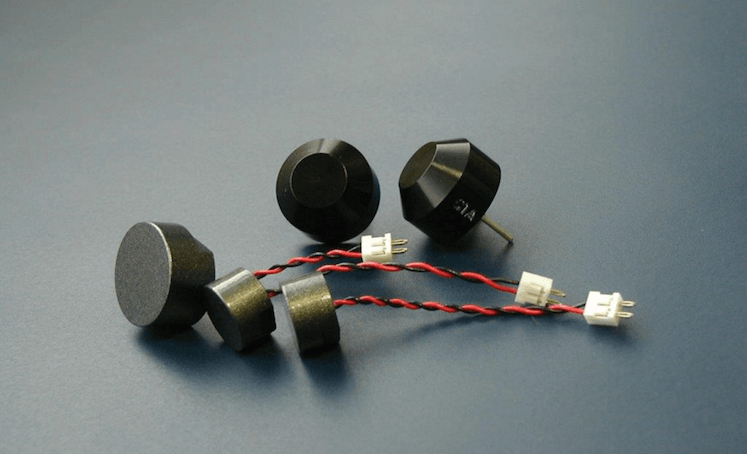Self-driving cars might be the next major automotive battlefield and Japanese manufacturer Nippon Ceramic is taking early advantage of the buzz with a sensor that costs less than $1.
The manufacturer is an unlikely leader in the self-driving market, currently accounting for 50 percent of all sensor sales. Several car manufacturers use the ultrasonic sensor to help cars avoid crashes, fit into tight parking spaces, and notice objects in close proximity, according to Bloomberg.
See Also: Volvo to test self-driving cars in Sweden and China
Nippon Ceramic doesn’t work directly with manufacturers. It ships the sensors to Denso and Panasonic, who package the sensor for automotive giants like Toyota, Ford, General Motors, and Volkswagen.
Toyota and Ford have been two of the biggest automotive investors in self-driving projects, the former committing $1 billion in the next four years, and the latter spending $4.5 billion in that same timeframe.
Japanese firm’s price will be tough to beat
The inexpensive sensor makes the prospect of a self-driving vehicle seem less daunting for manufacturers, who ideally want to see the self-driving cars in the same price range as human-driven cars. As the technology is so new but will benefit from potentially massive scale, no one is yet sure of final prices for a fully autonomous vehicle, and how much the additional hardware and software will add to the overall cost.
Capturing the market early is an ideal way to keep customers for the long haul, especially since Nippon’s low-cost sensor is hard to undercut. If it can hold its margin for the next five years, it might see billions in revenue from the rise of autonomous vehicles.
The government of Japan is putting a special interest in self-driving and the Internet of Things, announcing a trade partnership with Germany this week. The trade agreement, alongside investment in national production, is a big push from the government to revive the struggling economy.


















